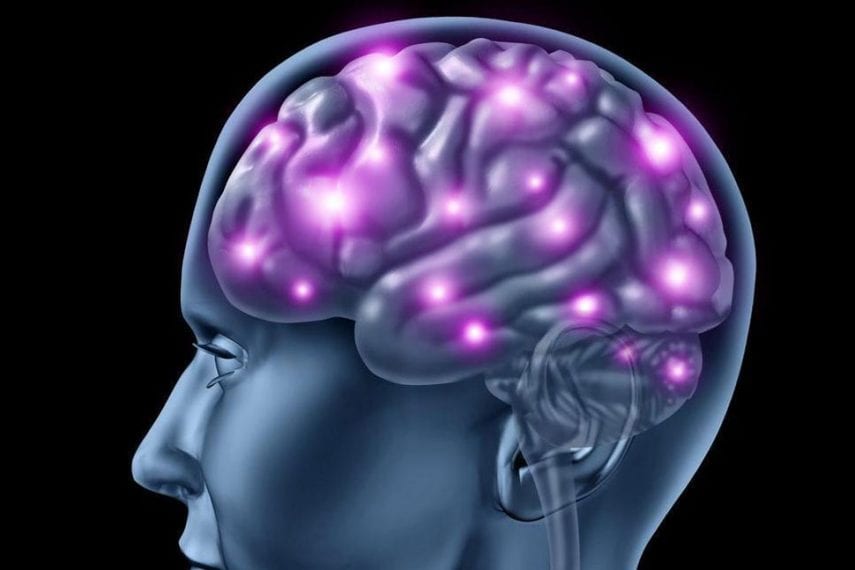Understanding Co-Occurring Disorders

When we see others struggling with alcohol or drug addiction, whether they are acquaintances, friends or family members, it’s easy to wonder what we could have done to help. Addiction treatmenthas a complicated history, and until relatively recently substance abuse and mental health disorders were addressed independently. In other words, those who faced alcohol and drug addiction were not diagnosed with mental health disorders and vice versa, which created gaps in treatment that often lead to relapses. Unfortunately, the public’s awareness of co-occurring disorders is still limited, and the average American likely is unfamiliar with dual diagnosis treatment and the prevalence of mental health disorders.
According to the U.S. Department of Health and Human Services, approximately 44 million Americans are diagnosed with mental disordersevery year. What’s more, HHS found that 7 million of these Americans experience co-occurring substance abuse disorders. However, despite these startling statistics, few rehabilitation facilities address mental health disorders and substance abuse in tandem, often focusing solely on detoxification and addiction treatment. Some of the nation’s top rehab centers, such as Alta Mira Recovery in the San Francisco Bay area, have made co-occurring disorders a top priority. Understanding co-occurring disorders is integral not only to those seeking treatment for alcohol or drug abuse, but also for society at large, to gain more accurate knowledge about the complexity of addiction. If you or a loved one is in need of treatment for an addiction, make a point of finding a facility that emphasizes comprehensive treatment.
What is a co-occuring disorder?
A co-occurring disorder, often referred to as a dual diagnosis, is when an alcohol- or drug-related disorder occurs alongside a mental health disorder such as depression, anxiety, mood disorders, thought disorders or personality disorders. Although these disorders are identified independently, they are somewhat integrated, with the mental health disorder often being the underlying cause of alcohol or drug addiction. For example, severe depression may lead a person to abuse alcohol and cocaine. Alternatively, prolonged drug or alcohol abuse may lead to mental health conditions such as psychosis or anxiety. According to Psychology Today, one disorder may be more severe than the other, although this may change over time, and eventually both can increase in severity.
There is no standard combination of addiction and co-occurring disorders. While some mental health disorders more commonly lead to the abuse of specific drugs, each person experiences unique symptoms of addiction and mental health issues. In treatment, those with co-occurring disorders must address both the substance abuse and underlying mental disorder in order to prevent chronic relapses.
Begin Your Recovery Journey Today
866-922-1350How are co-occurring disorders identified?
To successfully identify co-occurring disorders, those in treatment should undergo a series of psychological and cognitive tests and clinical evaluations. At Alta Mira, comprehensive testing allows the staff neuropsychologist to develop a customized treatment plan that specifically works to address addiction as well as mental health disorders. Identifying co-occurring disorders is a crucial part of the overall treatment process, as it allows medical experts to pinpoint what treatment methods are necessary for a patient to prevent relapses in the long run.
As mental health disorders often catalyze or exacerbate issues of substance abuse, identifying positive treatment options is of utmost importance. Simply put, one is more likely to experience a relapse into addiction if the underlying cognitive and emotional issues are not addressed directly. For the best possible outcomes, cognitive and psychological testing and integrated treatment are necessities.
The need for integrated treatment
Integrating psychological, psychiatric and addiction treatment methods leads to a higher success rate in maintaining sobriety long term and avoiding relapses. By combining these treatment methods into a customized, comprehensive program for each patient, treatment can create better outcomes for overcoming negative side effects of mental health disorders, according to Dualdiagnosis.org. Addressing both the addiction and mental health disorder allows psychiatrists to create a medication plan that best works with both conditions. A proper diagnosis is also valuable for developing individualized therapy plans.
Furthermore, integrated treatment provides an opportunity for patients to utilize metacognitive strategies for overcoming their addictions. That is to say, a person has a chance to consider the exact role alcohol and drugs play in his or her life, and how it has affected them. Therefore, a person in rehab can become an active part of his or her personal recovery and gain awareness of the underlying symptoms of his or her addiction. Identifying relapse triggers and developing a continuing care plan for mental health disorders allows patients to then better maintain sobriety.
We're Here to Help. Call Today!
866-922-1350The Alta Mira difference
Alta Mira’s comprehensive residential treatment programs allow those struggling with addiction to learn about their co-occurring disorders and develop long-term treatment plans that they can use long after leaving rehab. By incorporating psychological and cognitive testing, medication management, holistic therapy and 12-step peer support, Alta Mira provides integrated treatment that puts an emphasis on co-occurring disorders and continuing care.






